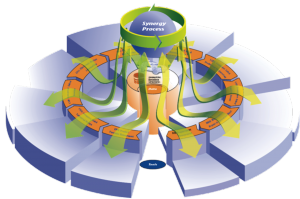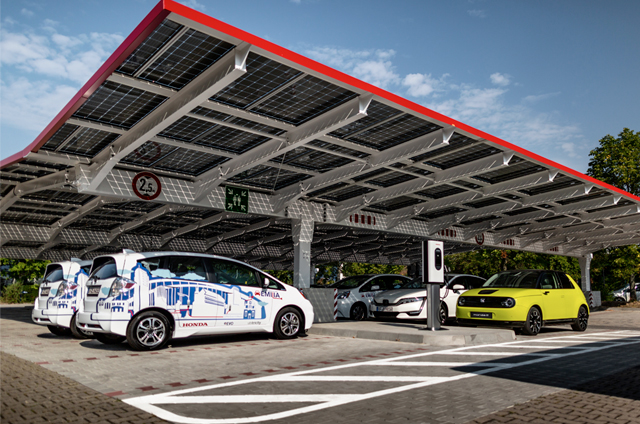This website uses cookies so that we can provide you with the best user experience possible. Cookie information is stored in your browser and performs functions such as recognising you when you return to our website and helping our team to understand which sections of the website you find most interesting and useful.
Privacy Overview
Strictly Necessary Cookies
Show details
Strictly Necessary Cookie should be enabled at all times so that we can save your preferences for cookie settings.
If you disable this cookie, we will not be able to save your preferences. This means that every time you visit this website you will need to enable or disable cookies again.
| Name | Provider | Purpose | Expiration |
|---|---|---|---|
| moove_gdpr_popup | Honda | Storing of user's consent status for cookies on the current domain. | 7 days |
Privacy Policy
More information about our Privacy Policy

 System Optimization is the adaptation of an existing system with a fitting parametrization according to a previously determined optimal system structure. The optimal spatio-temporal decomposition into subsystems, their patterns of interaction and the propagation of uncertainties are central questions. Like in Systems- and Requirements-Engineering, optimization has to be holistic.
System Optimization is the adaptation of an existing system with a fitting parametrization according to a previously determined optimal system structure. The optimal spatio-temporal decomposition into subsystems, their patterns of interaction and the propagation of uncertainties are central questions. Like in Systems- and Requirements-Engineering, optimization has to be holistic. With a strong increase in the number of battery electric and plug-in hybrid vehicles, smart charging approaches are needed to reduce the negative impact of electric mobility on the stable operation of the power grid to reduce social costs as well as environmental impacts.
With a strong increase in the number of battery electric and plug-in hybrid vehicles, smart charging approaches are needed to reduce the negative impact of electric mobility on the stable operation of the power grid to reduce social costs as well as environmental impacts.

